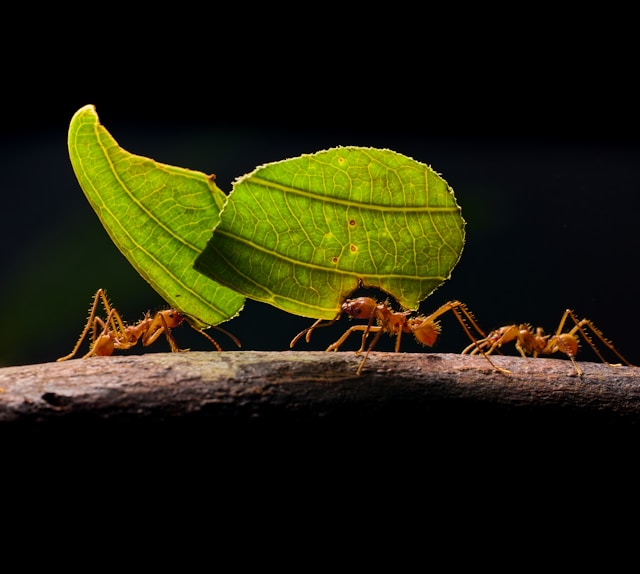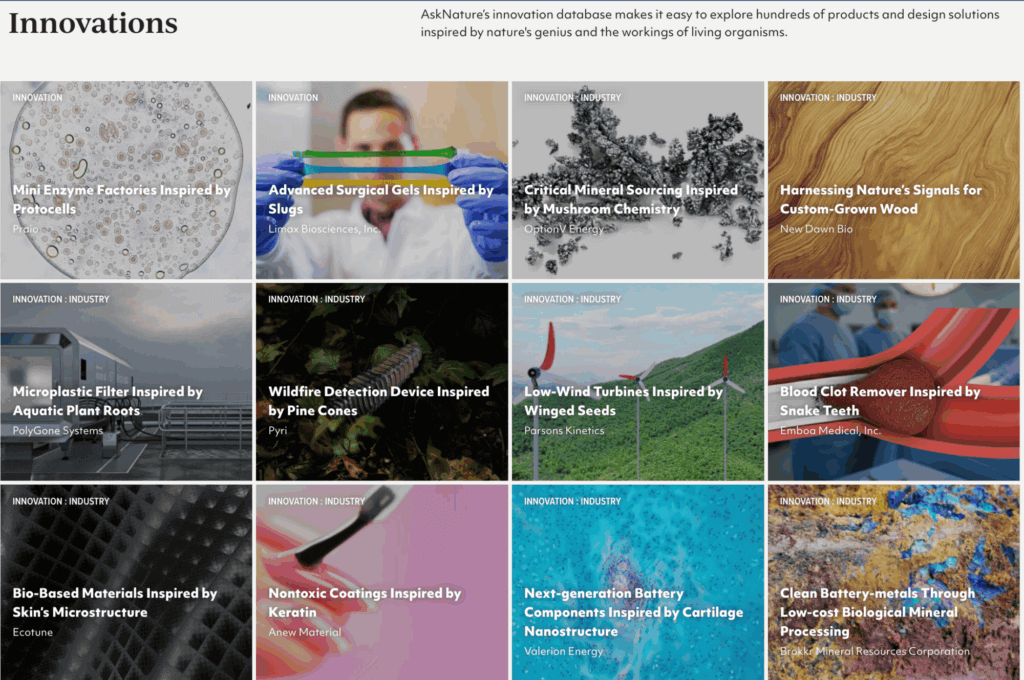
The UK think tank Chatham House recently published a report: How strategic collaboration on the bioeconomy can boost climate and nature action. It takes a pragmatic look at the opportunities, challenges, and trade-offs for a transition to a bioeconomy. I was honored to be a stakeholder involved in the many workshops over the last year that led to this report, and I would echo the findings. Here is my brief summary:
Phasing out fossil fuels in supply chains is crucial for the climate transition. Sustainable, bio-based (and bio-inspired) products and services offer opportunities to address environmental and socio-economic challenges but require broad adoption and robust policies to ensure positive outcomes. While progress is being made, fragmented governance and sectoral divides hinder scaling bioeconomy innovations, which depend on strategic timing and resource management. Collaboration through international platforms, private sector initiatives, and integrated decision-making frameworks is essential to overcome geopolitical fragmentation and foster sustainable bioeconomies.
I would encourage you to read the full report for much more detail and nuance, it does a good job of examining the potential for international coordination on bio-based innovations. In some ways it paints a bleak picture, with progress toward scalable nature-positive innovations held back by fragmented regulation, siloed industries, and competition for limited resources like land and capital. Geopolitical tensions and uneven research capacities exacerbate these challenges, creating disparities in innovation and limiting international collaboration. Market barriers, such as underdeveloped commercial pathways and competition with heavily subsidized fossil-based alternatives, further delay progress.
However, the report shines a light on a path forward. Enhanced coordination, integrated policies, and strategic initiatives are essential to address these obstacles and foster widespread adoption of bio-based solutions. As the report suggests, we need strategic collaboration in order to bridge gaps between disciplines and align stakeholders toward a nature-positive future. And we at the Biomimicry Institute could not agree more.
Our recently launched 10-year strategy includes several initiatives that embrace strategic collaboration by fostering partnerships that integrate biomimetic principles across sectors to address complex challenges. Our Innovation Co-Labs will be organized around specific questions and themes with one common thread: we are co-designing with nature as a primary stakeholder. We will leverage interdisciplinary collaborations to provide game-changing thought leadership as we confront our greatest challenges. This effort is not just about exploring sustainable innovations and systems but about rekindling a profound connection to the natural world, acknowledging that our well-being is inextricably linked to the health of the ecosystems we call home.
As we close out 2024, we envision a new year filled with bold and inspiring strategic collaborations. May innovators, policymakers, and communities unite to draw wisdom from nature, creating sustainable solutions that transcend boundaries and foster a thriving planet. Together, we can transform challenges into opportunities and build a nature-positive, inclusive, and regenerative world that is inspired and guided by nature’s genius.




